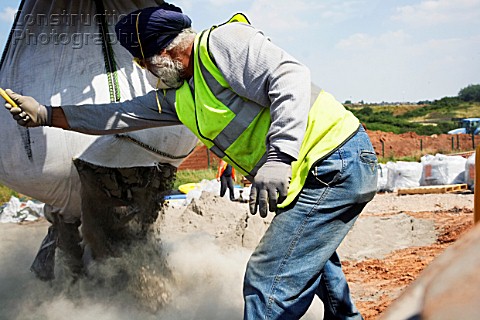Auckland-based immigration lawyer, Aaron Martin, believes that the government’s decision to increase the minimum wage could impact the eligibility of migrant workers for work and residence visas.
The New Zealand Government has lifted the minimum wage to $18.90 per hour effective April 2020 – before raising it to a $20 minimum wage by 2021.
Around a quarter of million workers will be better off next year, thanks to another $1.20 an hour increase to the minimum wage, the biggest equal lift ever,†says Immigration Minister Iain Lees-Galloway.
The government estimates 242,000 workers will benefit, which includes people working on $17.70 and between $17.70 and $18.90 an hour.
The new rate will put an extra $48 per week before tax in the hands of employees currently on minimum wage for 40 hours a week.
The government derives its confidence in raising the minimum wage from a low unemployment rate at 4.2 per cent, with a prediction to add 43,600 jobs in 2020, and New Zealand economy growing at a faster rate than other OECD nations, including Australia, Canada, the USA and European countries. The rise in minimum wage is estimated to boost wages by $306 million annually.
“We’re implementing a balanced approach to the minimum wage increases and have provided certainty to businesses who told us they wanted to know how much the minimum wage will increase and when the changes were going to happen,†says Iain Lees-Galloway.
The starting out and training wages will also see a boost, with a rise to $15.12 per hour from 1 April 2020, remaining at 80% of the adult minimum wage.
At the same time, migrants whose pay packet is not at the required threshold will either end up with a 1-year work visa (as opposed to 3-year visa) or be rendered ineligible for residence on 24 February 2020, says Auckland-based immigration lawyer, Aaron Martin
“Imagine a stonemason on an essential skills work visa who earns $21.25 per hour. On 23 February their job would be classified as mid-skilled and they would be granted a 3-year work visa. One day later their job will be classified as low-skilled because of their pay rate.
‘Or, imagine a carpenter who earns $25 per hour and is seeking a residence visa. On 23 February they are eligible for residence; on 24 February they won’t be.
“To still qualify for a visa under the new thresholds, these migrants on the cusp will need a pay increase of 2%. This may seem like only a small increase. But for an employer, a pay increase is not a quick and easy decision. Incremental increases can add up to make it unfeasible to employ a migrant.
“Pay rate is a factor outside the control of most migrants. These threshold changes disempower them from being able to secure a visa on a long-term basis with a view to making a commitment to our country.
Implications for the aged-care industry
Immigrants on visas make up a third of New Zealand’s 22,000 aged-care caregivers and 5000 nurses.
Aaron points out that the government recently granted a small window to the aged-care sector reclassifying some of their jobs as skilled employment. “Workers in the industry have also fought hard to get wages up to the $25 an hour benchmark for residence eligibility. This move will set the sector back again.
“Many migrant nurses and caregivers must now be reconsidering whether to stay in New Zealand.
Why now?
Employers in many industries say they would struggle without a supply of overseas workers.
The immigration system automatically adjusts wage levels as a result of annual review, say Aaron. “But continually placing the goal of residence out of reach leaves people disheartened and wondering whether there are greener fields elsewhere. In a globally competitive market for skills, New Zealand runs the risk of losing to the competition.
“Our immigration system is already under pressure from a large number of applications, and New Zealand is looking like an uncertain place to get residency.
Proposed work and residence visa payrate changes effective 24 February 2020
The new thresholds are based on the New Zealand median salary and wage rate of $25.50 per hour (up 2% from last year), equivalent to $53,040 per annum for a 40-hour per week job.
Skilled Migrant Category
1. The threshold for gaining skilled employment points will change from $25.00 to $25.50 per hour for jobs at ANZSCO skill level 1,2, or 3, and jobs at skill level 4 or 5 that are included at Appendix 7 of the operational manual.
2. The threshold for gaining skilled employment points will be $38.25 per hour for jobs at ANZSCO skill level 4 or 5 that are not included at Appendix 7 of the operational manual.
3. The threshold for bonus points for high remuneration will be $51 per hour.
Essential Skills Visa
1. The threshold for mid-skilled employment will change from $21.25 to $21.68 per hour for jobs at ANZSCO skill level 1,2, or 3.
2. The threshold for mid-skilled employment will be $25.50 per hour for jobs at ANZSCO skill level 4 or 5 in Appendix 7 (This visa was treated as an exception due to changes made at the end of October.)
The threshold for higher skilled employment for all other skill level 4 and 5 roles will change from $ 37.50 to $38.25 per hour

Leave a Reply